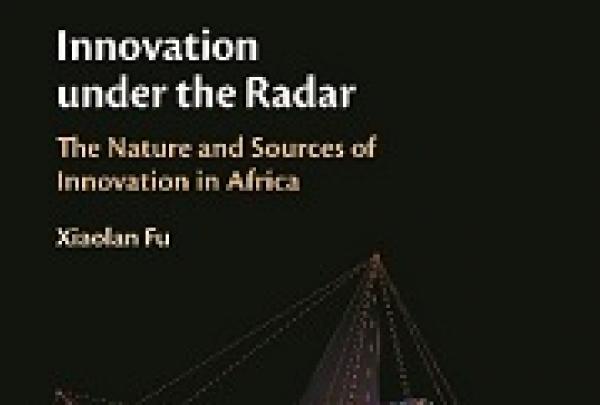Diffusion of Innovation in Low Income Countries (DILIC)
Background
Technological innovation is a key element of industrialisation and catch-up in developing countries. Since innovation is costly, risky and path-dependent, groundbreaking innovation is highly concentrated in a few rich countries and amongst a small number of firms. Foreign sources of technology account for a large part of productivity growth in most countries. If foreign technologies are easy to diffuse and adopt, a technologically backward country can catch up rapidly through the acquisition and more rapid deployment of the most advanced technologies (Eaton and Kortum, 1995; Bell and Pavitt, 1993). Therefore, the development process in low income countries can be supported by tapping existing knowledge and know-how. The transfer, adoption and adaptation of knowledge to low income countries hence constitute an important issue for economic growth and global development.
Technology diffusion and adoption relies on substantial and well-directed technological efforts (Lall, 1992) as well as sufficient human and financial resources and absorptive capacity (Cohen and Levinthal, 1989). It requires appropriate institutions and policies to incentivise and facilitate the process in addition to strong local capabilities to identify the right technology and appropriate transfer mechanism, and to absorb and make adaptations according to local economic, social, technical and environmental conditions (Fu, et al., 2011). By defining innovation as a new product or process, or new management, organisational or marketing practices (where ‘new’ means new to the world or new to the country or the firm), this project fills in the knowledge gap by exploring determinants and transmission channels for effective innovation creation, diffusion and adoption in LICs under institutional, resource and affordability constraints. In particular, it looks at:
• The barriers to innovation creation and diffusion in LICs under institutional, resource and affordability constraints and the space for innovation policy;
• The determinants of knowledge diffusion in LICs from leading innovators to latecomers, in particular the role of university-industry linkage and inter-firm networks;
• The effect of external knowledge diffusion to LICs, in particular the productivity impact of South-South trade and FDI with a special focus on Chinese trade and FDI in Africa;
• Develops an SME open innovation network model to increase frugal innovation for the poorer societies in LICs.
Researchers
|
Contact name |
Role |
Project Partner Organisation |
|
Prof Xiaolan Fu |
Director/Principal Investigator |
University of Oxford |
|
Prof Luc Soete |
Co-Investigator |
UNU-Merit |
|
Prof Pierre Mohnen |
Co-Investigator |
UNU-Merit |
|
Dr George Owusu Essegbey |
Advisor |
Science and Technology Policy Research Institute (STEPRI), Council for Scientific and Industrial Research (CSIR) |
|
Prof David Kaplan |
Advisor |
University of Cape Town |
|
Prof Mammo Muchie |
Advisor |
Tshwane University of Technology |
|
Anne Miroux |
Policy Advisor |
UNCTAD |
|
Dr Giacomo Zanello |
Research Officer |
University of Oxford |
|
Dr Jun Hou |
Research Officer |
University of Oxford |
|
|
Project Coordinator |
University of Oxford |
|
Jieun Choi |
Project linked PhD student |
University of Oxford |
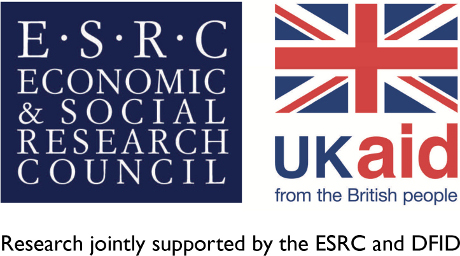
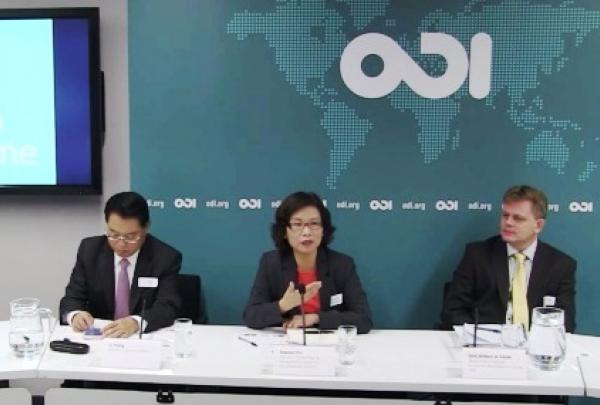
The Diffusion of Innovation in Low-Income Countries (DILIC) end of project high-level conference was held at the Overseas Development Institute (ODI) on Monday, 2nd November. This event, co-hosted by the TMCD and the DFID-ESRC Growth Research Programme (DEGRP), aimed to present the latest research findings of a three-year research project on Diffusion of Innovation in Low-Income Countries (DILIC), which was funded by ESRC-DFID and supported by UNCTAD, UNIDO and the Ghanaian government.
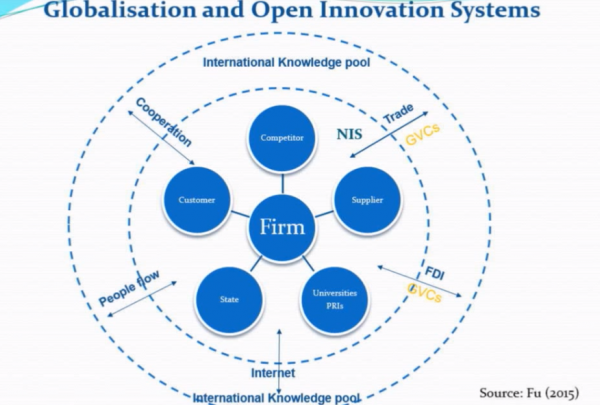
The Diffusion of Innovation in Low-Income Countries (DILIC) end of project high-level conference was held at the Overseas Development Institute (ODI) on Monday, 2nd November. This event, co-hosted by the TMCD and the DFID-ESRC Growth Research Programme (DEGRP), aimed to present the latest research findings of a three-year research project on Diffusion of Innovation in Low-Income Countries (DILIC), which was funded by ESRC-DFID and supported by UNCTAD, UNIDO and the Ghanaian government.
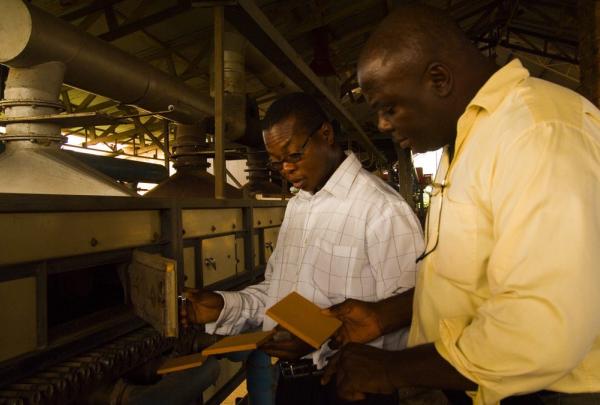
The Diffusion of Innovation in Low Income Countries (DILIC) project, seeks to explore determinants and transmission channels for effective innovation creation, diffusion and adoption in LICs under institutional, resource and affordability constraints.
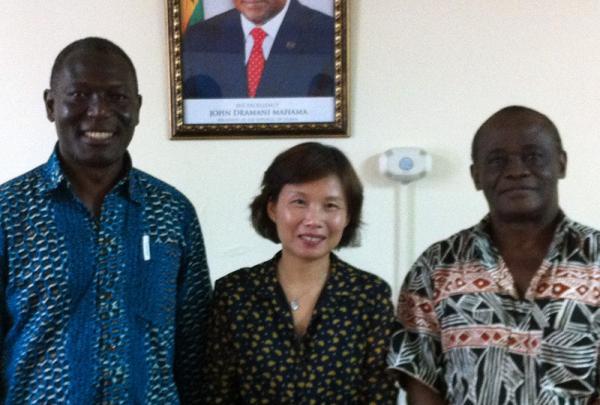
During her recent visit to Ghana, Professor Fu introduced the Diffusion of Innovation in Low Income Countries (DILIC) Project to policy makers at the Ministry of Trade and Industry and the Ministry of Environment, Science and Technology.

Building on experience researching firm-level innovation in Ghana, the DILIC Project in collaboration with the new MNEmerge team has completed a survey in Tanzania. The research team surveyed 300 firms in order to better understand the sources and channels of innovation for small and medium local firms in Tanzania, focusing on knowledge transfer through managerial capabilities, and examining the effects of these changes on poverty reduction.






